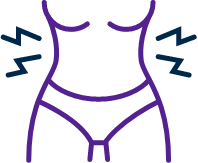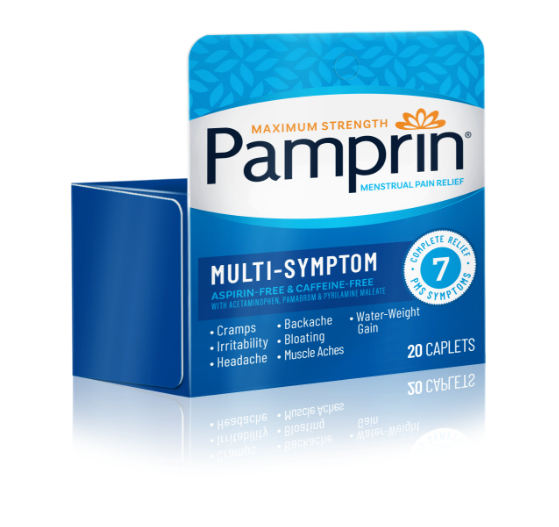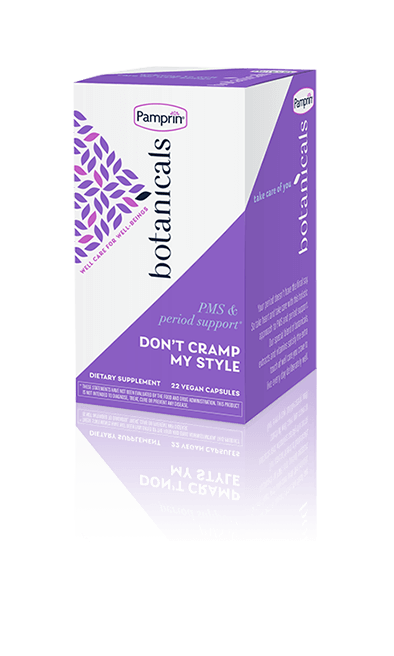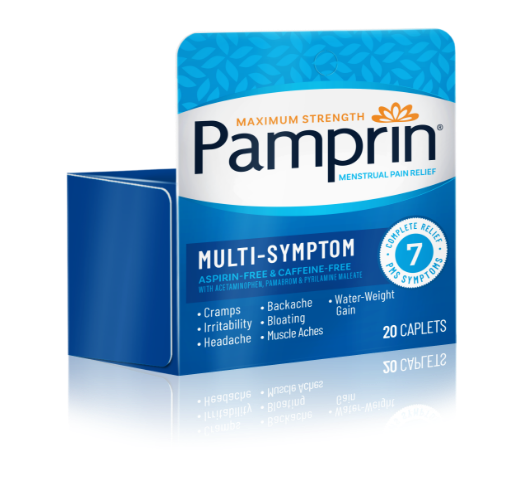The Scoop
Periods 101
How it Works.
Your menstrual cycle is a part of reproduction. During each “cycle,” an egg is produced and your body readies itself for pregnancy. If you don’t become pregnant, then you get your period. Typically, a menstrual cycle is 28 days, although it is normal to have a cycle that is shorter or longer. Day 1 of your cycle is the first day of your period (the day you first see blood). That is the day the entire reproductive cycle starts over.
How it Works.
Your menstrual cycle is a part of reproduction. During each “cycle,” an egg is produced and your body readies itself for pregnancy. If you don’t become pregnant, then you get your period. Typically, a menstrual cycle is 28 days, although it is normal to have a cycle that is shorter or longer. Day 1 of your cycle is the first day of your period (the day you first see blood). That is the day the entire reproductive cycle starts over.

Cramps, Ugh!
Menstrual cramps are contractions in the uterus, which is a muscle. To relieve or lessen cramping, take a pain reliever such as Pamprin. You can place a heating pad or hot water bottle on your lower abdomen for further relief, and taking a warm bath can also help. FYI, women who exercise regularly are likely to have less menstrual pain. Lastly, if you experience severe cramping for 2 or 3 days, contact your doctor.

Cramps, Ugh!
Menstrual cramps are contractions in the uterus, which is a muscle. To relieve or lessen cramping, take a pain reliever such as Pamprin. You can place a heating pad or hot water bottle on your lower abdomen for further relief, and taking a warm bath can also help. FYI, women who exercise regularly are likely to have less menstrual pain. Lastly, if you experience severe cramping for 2 or 3 days, contact your doctor.
Enjoy Womanhood.
Your period is a wonderful thing. Pay attention to it. Record what day you start each month, how many days your period lasts, what symptoms you have (if any) and when during the month you have them. Note anything that seems unusual month to month. This is all good information to know and to share with your doctor. The more you know about your body and your cycle, the better.
Enjoy Womanhood.
Your period is a wonderful thing. Pay attention to it. Record what day you start each month, how many days your period lasts, what symptoms you have (if any) and when during the month you have them. Note anything that seems unusual month to month. This is all good information to know and to share with your doctor. The more you know about your body and your cycle, the better.
Find your Pamprin.



